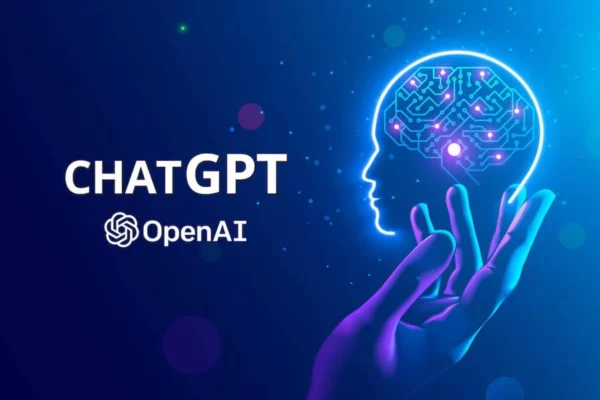
OpenAI, a leading AI research company, has announced that it is making its ChatGPT (Generative Pre-trained Transformer) technology available for companies to integrate into their own applications. This move is part of OpenAI’s ongoing efforts to make AI more accessible and useful for businesses of all sizes.
ChatGPT is a language model that can generate human-like responses to text input. It is trained on vast amounts of text data and can understand and respond to a wide variety of language-based inputs. The technology has been used for a range of applications, including chatbots, voice assistants, and customer service tools.
By making ChatGPT available for companies to integrate into their own applications, OpenAI is aiming to help businesses improve their customer service and engagement by providing a more natural and intuitive interface for users. The technology can be used to create chatbots and virtual assistants that can understand and respond to natural language input, providing a more seamless and personalized experience for customers.
OpenAI is offering a range of tools and resources to help companies integrate ChatGPT into their own applications, including documentation, tutorials, and developer support. The company is also offering a range of pricing options to suit different types of businesses and use cases, from small startups to large enterprises.
The move is significant for several reasons. First, it demonstrates OpenAI’s commitment to making AI more accessible and useful for businesses. By providing tools and resources to help companies integrate AI into their own applications, OpenAI is helping to democratize access to this technology and drive innovation across a wide range of industries.
Second, it highlights the growing importance of natural language processing (NLP) in AI applications. NLP is the branch of AI that focuses on understanding and processing human language. As more and more businesses look to leverage AI for customer service and engagement, NLP will play an increasingly important role in enabling natural and intuitive interactions between humans and machines.
Finally, it underscores the potential of AI to transform the way businesses operate and interact with their customers. By providing a more natural and personalized experience for users, AI-powered chatbots and virtual assistants can help businesses improve customer satisfaction and loyalty, reduce costs, and drive revenue growth.
However, the integration of AI into business applications is not without its challenges. One of the main concerns is the potential for bias in AI systems. Chatbots and virtual assistants that are trained on biased data can inadvertently perpetuate discriminatory practices and harm marginalized communities. To mitigate this risk, companies need to be vigilant in monitoring and addressing bias in their AI systems.
Another challenge is the need for robust data privacy and security measures. Chatbots and virtual assistants that collect and store user data need to ensure that this data is protected and used in accordance with applicable privacy laws and regulations.
In conclusion, OpenAI’s decision to make ChatGPT available for companies to integrate into their own applications is a significant development in the AI landscape. By providing tools and resources to help businesses leverage AI for customer service and engagement, OpenAI is helping to democratize access to this technology and drive innovation across a wide range of industries. However, companies need to be mindful of the potential risks and challenges associated with AI, such as bias and data privacy, and take steps to mitigate these risks. As AI continues to evolve and become more sophisticated, it will be increasingly important for businesses to stay ahead of the curve and embrace this transformative technology.
